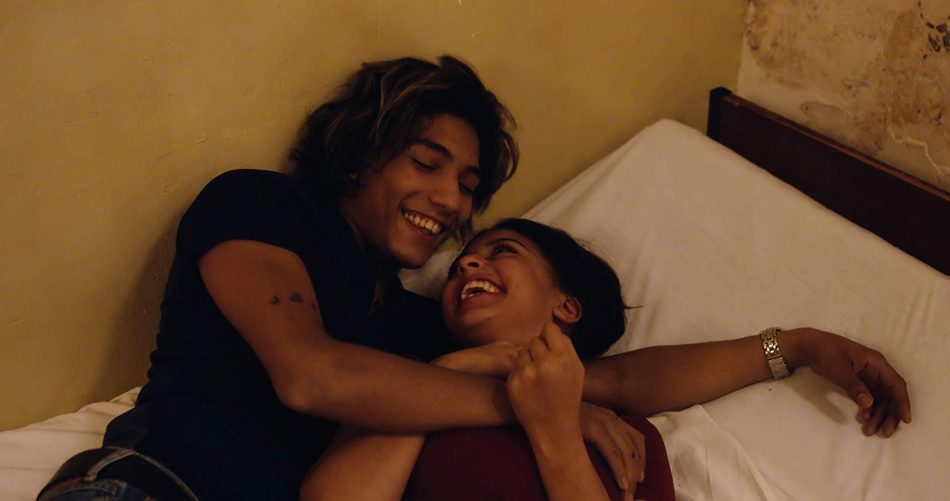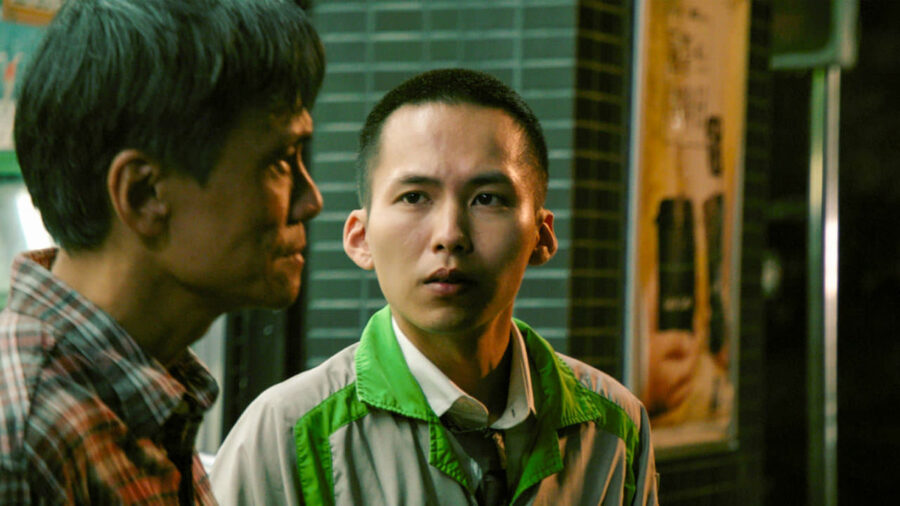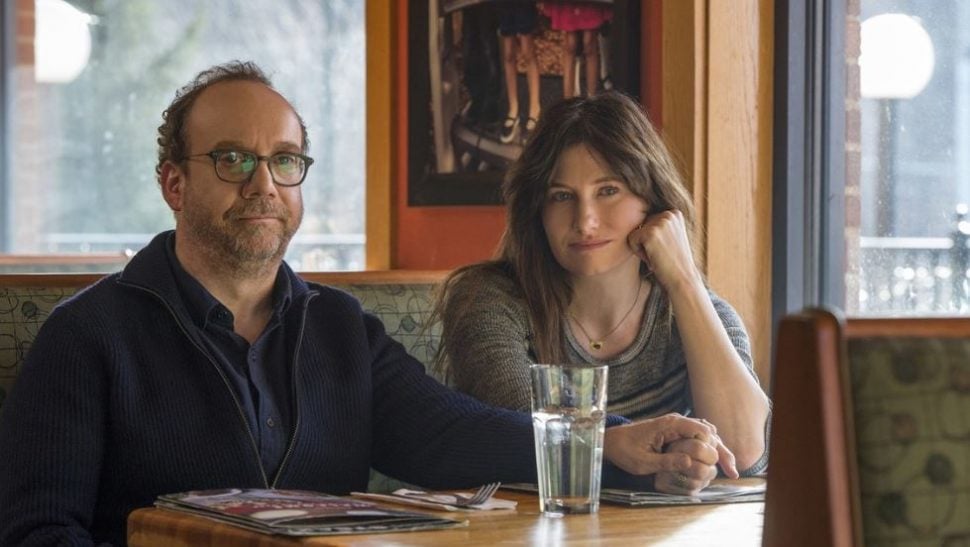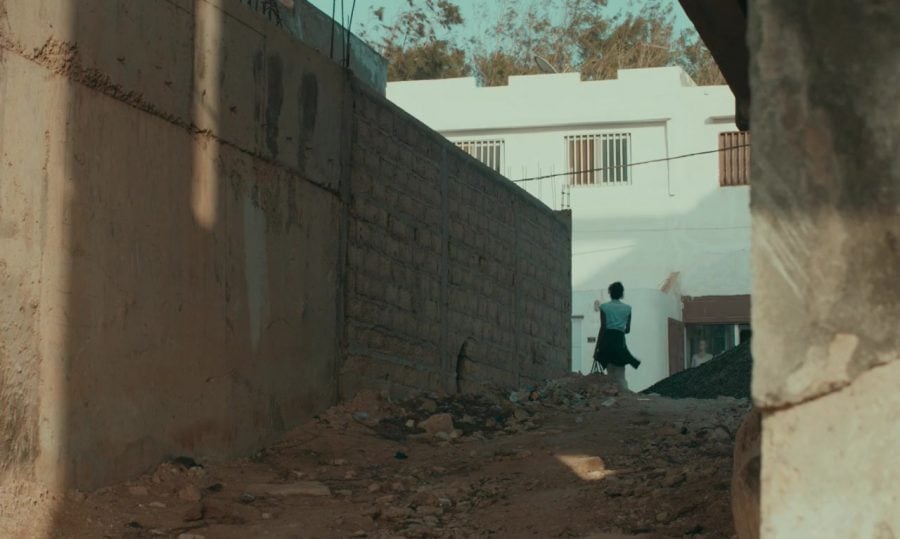A gritty and realistic thriller set in France’s notorious capital city of crime - Marseille.
Zachary is released from Juvenile prison to learn that his mother has abandoned him. He finds kinship in an underage sex worker by the name of Shéhérazade.
This seems like the set-up for a tough watch, but Shéhérazade plays like a romance when it’s slow, and a crime thriller when it’s fast (it’s mostly fast). Everything about the story and two leads’ relationship rings true. Added to the fact that it has no interest in emotionally manipulating you, the movie is more gripping and thought-provoking than sad.
A great story, fantastic acting from the cast of first-timers, and outstanding direction give the feeling that Shéhérazade is bound to become a modern classic. If you liked City of God, you will love this.
Genre: Drama, Romance, Thriller
Actor: Dylan Robert, Idir Azougli, Kader Benchoudar, Kenza Fortas, Lisa Amedjout, Nabila Ait Amer, Nabila Bounad, Sofia Bent
Director: Jean-Bernard Marlin





